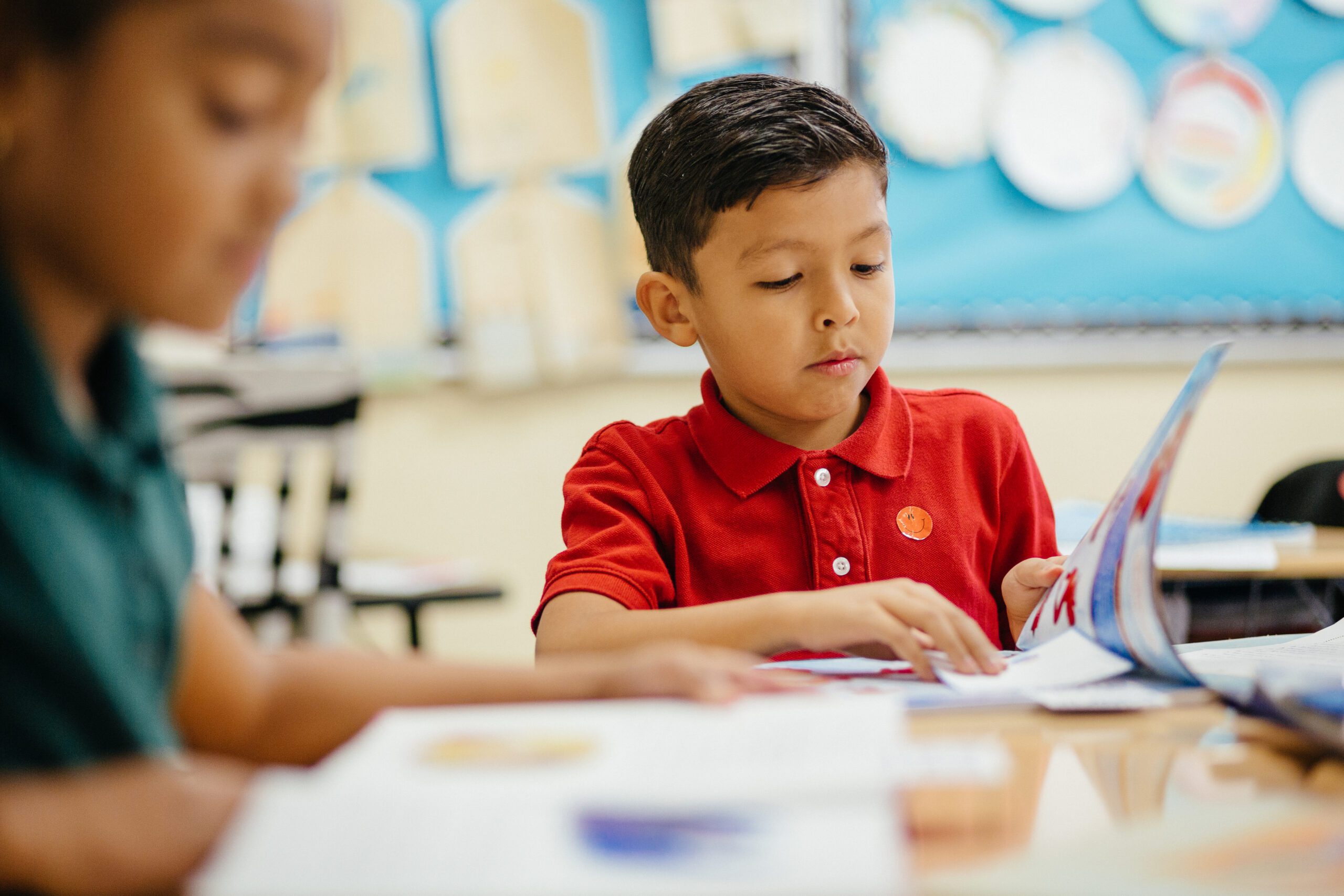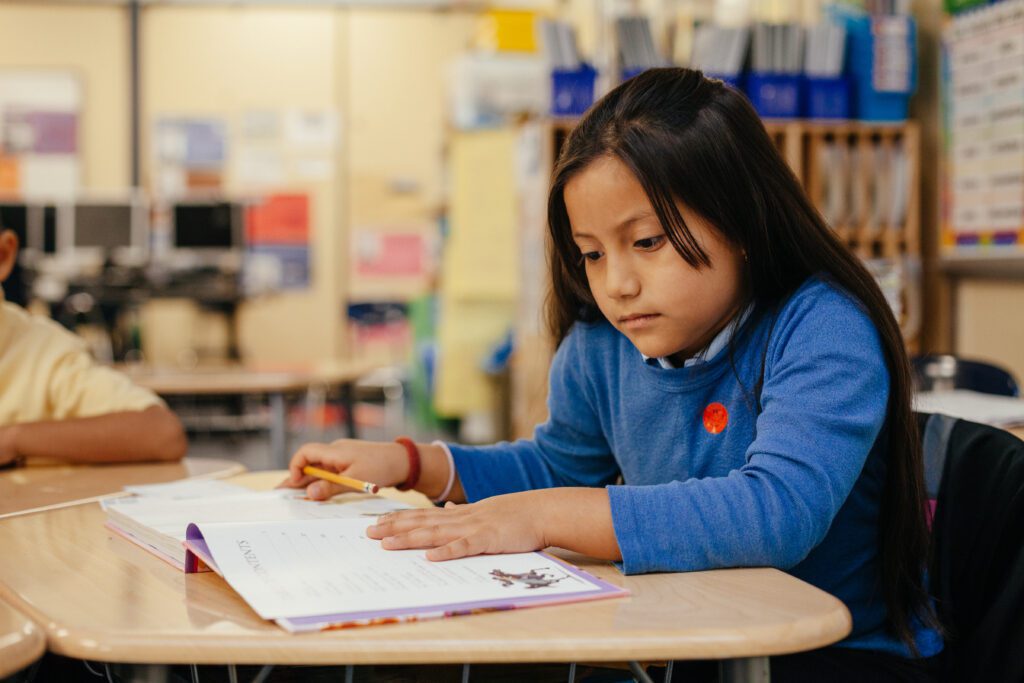
How Book Bans Impact Educators and Students
First Book Research & Insights study reveals how educators and their students are responding to book bans.

New Study Reveals the Damaging Impact Book Bans Have on Teacher Morale and Student Learning
One-third of educators surveyed are facing book bans, challenges, or policy restrictions.

About the Study
To understand the impact that the national conversation around banned books is having on educators’ ability to teach and students’ ability to learn, Research & Insights surveyed educators in the First Book Network.
While the majority of educators that responded to this survey have not been required to remove books from their classroom libraries, this study revealed that the conversation about book bans and book challenges is having a chilling effect on educators and students beyond the districts that have experienced book bans:
- 46% of educators report that the conversation around banned books already does or might influence the titles they choose for their class.
- 37% of educators report that the conversation around banned books already does or might influence the way they teach.
- 63% of educators report that the current conversation around banned books is impacting their teaching to some degree.
This study reveals that the conversation and actions to ban and/or censor books in schools, libraries, and programs are having a negative impact on educators’ ability to teach and students’ ability to learn — and these negative impacts reach far beyond just the districts that are facing bans. In addition, the book banning efforts are yet another example of decisions being made that impact or restrict what happens in classrooms without opportunities for educator voices to be considered in the decision process. This may further undermine educator expertise and erode educator morale.
To learn more about how the study was conducted click below:

Key Findings
A survey of more than 1,500 educators on the national conversation around book challenges and bans is negatively impacting their classrooms, profession, and student learning.
- 7% of educators have removed books from their classroom or program library due to book bans or challenges; more than twice that indicate they have removed books for other reasons.
- 87% of educators surveyed believe book bans are rarely or never justified.
- 65% of educators said that the banning of books is having a negative impact on their ability to teach.
- 71% of educators, regardless of whether their district has faced bans, believe book banning undermines their expertise, makes them feel distrusted, and increases their stress.
- Nearly two-thirds of educators said that book banning is having a negative impact on their ability to teach.
Encouraging freedom of choice and discussing banned books with students positively influences their willingness to initiate discussions about banned books and enhances their engagement in reading.
- Just over 40% of educators indicated that they are having conversations with their students about banned books.
- 31% of educators reported that students are initiating these conversations.
- 78% of educators indicated that students are reading more when banned books are available as an option.
- 72% of educators indicated that restricting access to certain books decreases students’ engagement in reading.
To view the full report, including additional data and comments from educators, click below:

Conversations on the Impact of Diverse and Banned Books in the Classroom
A First Book Research & Insights Webinar
First Book Research & Insights hosted a well-attended webinar event to share results from their Diverse Books Impact Study and Banned Books Survey.
This data-driven session:
- Featured a discussion about diverse books and how including them in classroom libraries can be beneficial for students and teachers.
- Shed light on why banning certain diverse books can be harmful to the learning process.

Instead of teaching lessons that focused on Banned Book Week this year, my administrator asked me to pivot instruction to the idea of freedom to read. Instead of talking about all of the book banning happening in the US right now, we talked about how students have the freedom to read the books they want.
First Book Educator

About First Book Research & Insights
First Book Research & Insights drives meaningful change by aggregating and amplifying the needs, market power, and voices of those in our Network. Through First Book’s extensive quantitative and qualitative research, this community of educators provides insights guiding the design of programs, partnerships, and the resources we offer. Research & Insights informs how to develop products, curriculum and digital resources that will be most relevant and impactful for all serving children in need.

